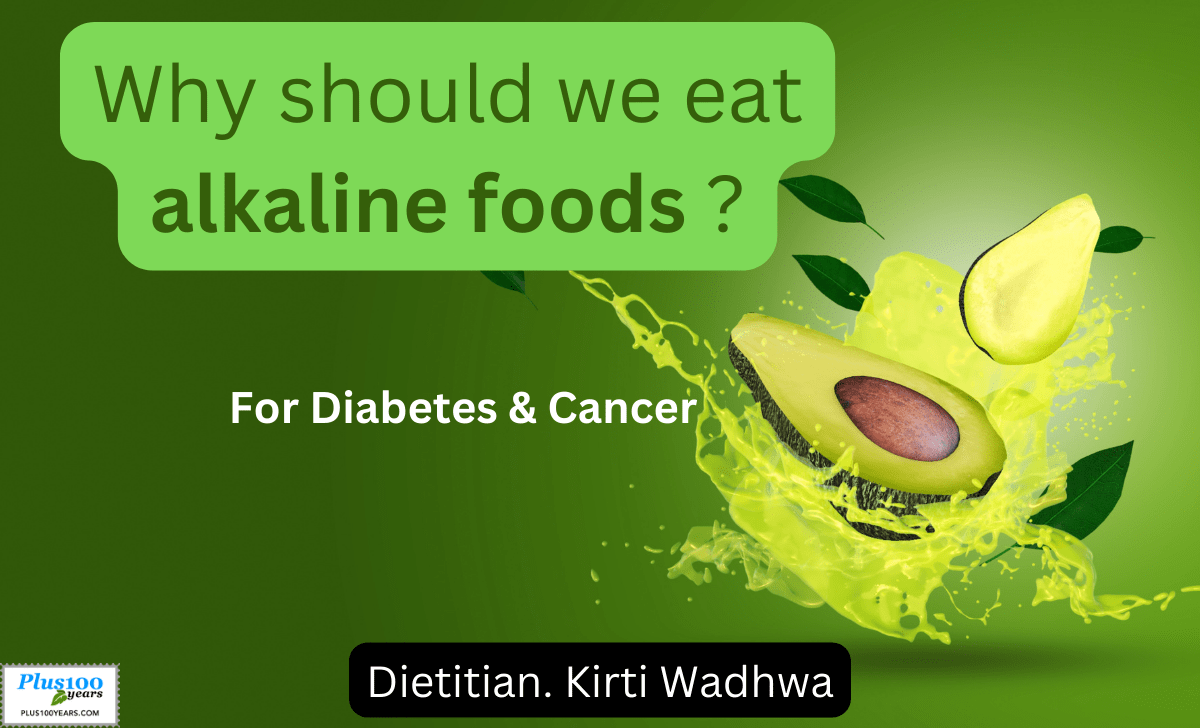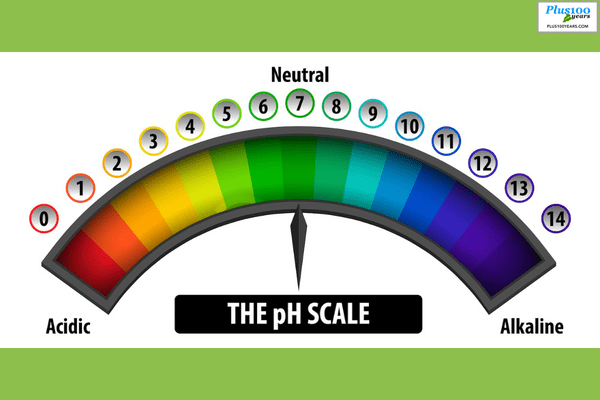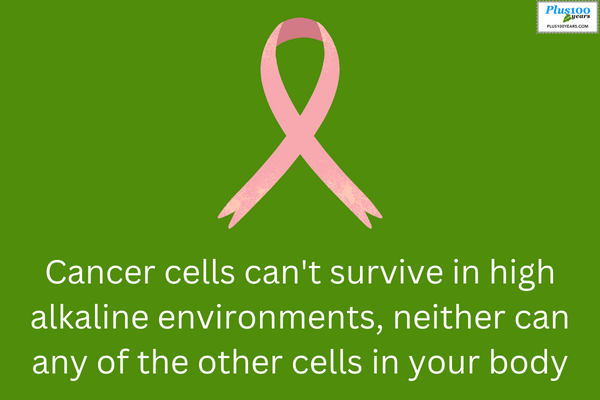
Author: Kirti Wadhwa is a certified nutritionist practicing in the Delhi NCR region and she educates people with her skills.
We all have heard that you become what you eat, but how many people actually follow it sensibly?
The fact that India hosts the highest no of diabetics in the world portrays a grim picture. Keeping your health at the core, this article is about judging food based on its pH value.
After reading this article you would know how the pH of the food we eat affects our system and what can we do about it to ensure optimum health for us, not just lose weight or look good.
Whether food is alkaline, neutral, or acidic depends upon the pH values.
Values of the pH scale run from 0-14. The value of pH 7 is neutral while foods with less than 7 pH are acidic in nature and those that are of pH 7-14 are alkaline in nature.

What acidic or alkaline foods actually are for your understanding?
Acidic foods are defined as foods that increase acid waste products in your blood.
Alkaline foods are foods that produce ash that neutralizes acid products in your blood. These two play the balancing game in your body.
So acidic or alkaline foods?
Alkaline, always.
So that means acidic foods are a big no? No, you see mother nature balances everything very carefully.
Your blood level hovers around 7.4, but other pH levels in your body vary greatly, for example, the stomach has a pH of 1.35 to 3.5 — quite acidic.
Your diet won't change these tightly regulated levels that exist for a reason, such as higher acidity levels allowing the stomach to digest food. Some acidity has a purpose. So that means an acidic diet would help better digest the food? Sorry but no.
If too much acid forms, then the body has to take out alkaline minerals like calcium to maintain a balanced pH.
Other side effects associated with consuming foods that are too acidic include listlessness, depression, headaches, acne, dry skin, mood swings, poor digestion, brittle nails and hair, and sensitive gums.
Moreover, it contributes to form kidney stones, low bone density, acid reflux, weight gain, dental issues, and altered hormone levels. Acidic foods are actually villains for the body. That means alkaline will save your body from all diseases in the future and help cure present ones as well. Let’s explore.
Coming to alkaline, after eating more alkaline foods your blood's pH level achieves a less inflammatory state means you are less susceptible to diseases.
Contact (online) Dietitian: Kirti Wdwa for personalized diet plans: Whatsapp 9398601060
For people who already have kidney disease, an alkaline diet may slow the progression of the disease or may improve renal function.
Alongside, you're better off maintaining alkalinity to preserve bone mass.

When our pH levels are balanced, we feel more energetic and vibrant. They also maintain electrolyte levels and are rich in antioxidants.
There can be another article about the benefits of anti-oxidants but let’s stick to high immunity levels.
And in a post-COVID world, the importance of high immunity cannot be emphasized enough.
Now since our beloved readers have an idea about how acidic foods are bad and alkaline are good for your body let’s get down to business about what to eat. Here are some alkaline-rich foods for daily consumption.
Green leafy Vegetables are alkaline such as
- Spinach,
- Lettuce,
- Kale,
- Celery,
- Parsley,
- Mustard greens.
Also try to include artichokes, avocados, chard, cabbage, kohlrabi, rutabagas, pumpkin, succotash, tomatoes, water chestnuts, bamboo shoots, and beets in at least one of your meals.
If you're trying to reduce acidity in your diet, you may need to limit your intake of lentils.
Root vegetables like sweet potato, potato, carrot, lotus root, taro root, and beets are high in alkalinity.
Consumption of sweet potato, beet, and potato should be limited since these elevate blood sugar levels faster than other vegetables.
Fruits include melons such as casaba and cantaloupe, dates, papaya, mangoes, bananas, starfruit, and persimmons.
Citrus fruits are alkaline foods, but they are rich in anti-oxidants hence their consumption should be liberal. These include lemon, orange, lime, and kiwi.
As you would've noticed, an alkaline diet consists of fresh fruits, vegetables, roots and tubers, and nuts. As mentioned before these are high in antioxidants and anti-oxidants that cleanse your body from the inside alongside improving your natural immunity. Hence these help in preventing cancer in the long run.
Broccoli, for example, improves digestion, detoxifies the body, improves heart health, and fights cancer.
Certain high-fat plant foods may also help increase the alkalinity of your diet, including coconut meat, coconut water, coconut milk, and almonds.
Also, coconut water is loaded with electrolytes, and its nature’s tailor-made as a pre-workout drink.
Coming to nuts cashews, chestnuts and almonds are alkaline foods. Their consumption should be limited to a handful in a day since they are calorie dense.
Other high-alkaline foods that are affordable and readily available are wheat grass powder (mix with water and feel the results yourself), tofu, and brown rice.
Wow, so that means alkaline foods can do so many miracles.
Yes, natural foods are miraculous! But the catch here is that nutrition is not medicine that will show impact within hours, give it 3-4 weeks and your mirror will tell you the results.

Add new comment